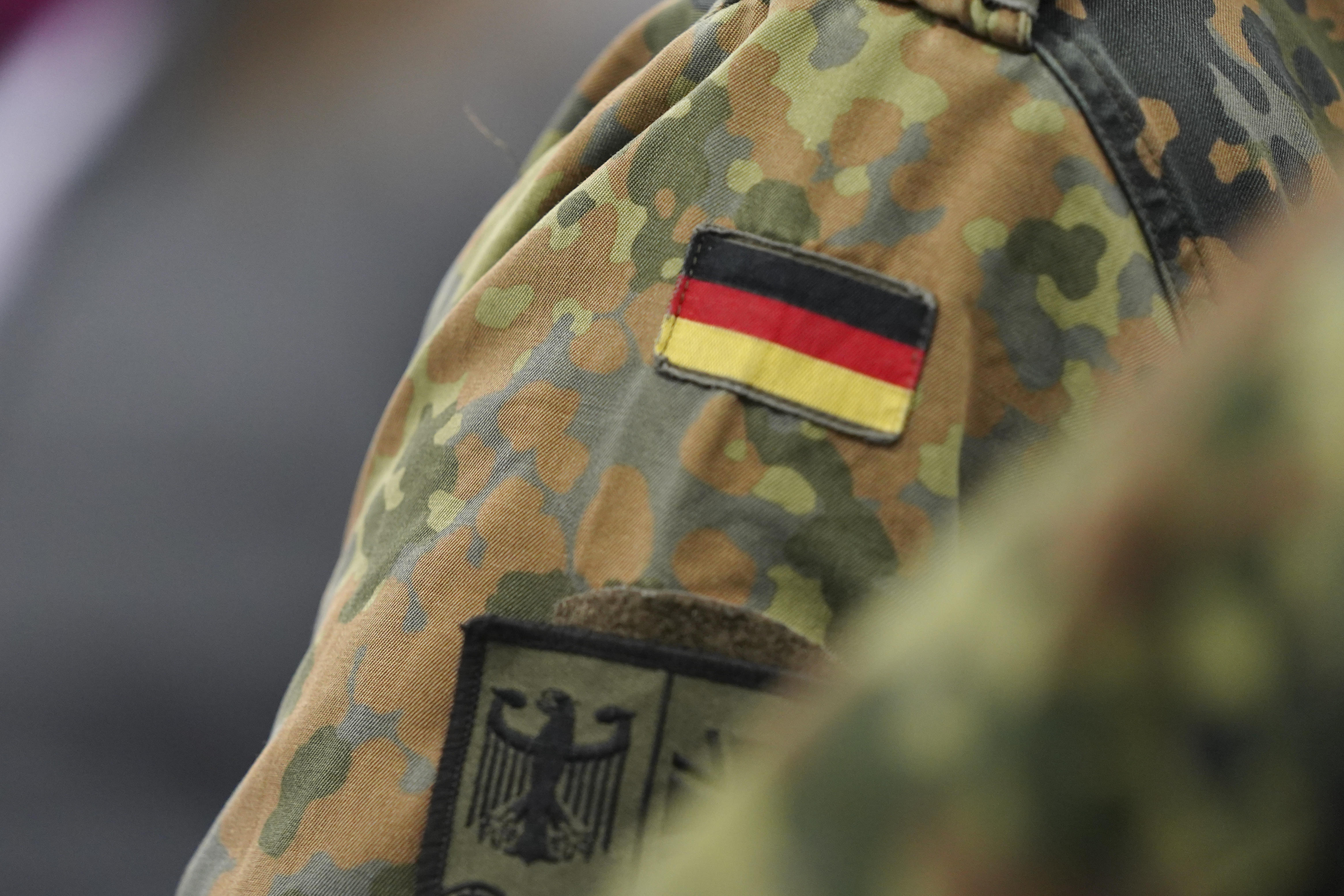War in Europe
Zeitenwende in German Security Policy

On February 27, the German Parliament conducted a special session on the war in Ukraine. In his government declaration, Chancellor Olaf Scholz made a clear statement on Germany's defence capabilities. He underscored the need for prioritizing the modernization and equipping of the German Armed Forces in all areas - including the nuclear sharing capability.
For a long time, the discussion on equipping the Bundeswehr took a backseat. The urgently needed decision on the succession of the dual-capable aircraft “Tornado” to carry out the nuclear sharing role had been postponed over the last legislative periods. Now, the security environment changed dramatically. According to Scholz, the Russian invasion of Ukraine represents a historic turning point, which directly affects German security policy. This also concerns the need for nuclear deterrence along with Germany's NATO commitment to nuclear sharing.
Putin's nuclear threat
In 2014, Russia's illegal annexation of Crimea triggered a "trend reversal" in all areas of the Bundeswehr. In the course of the Crimean crisis, Putin had deployed nuclear-capable short-range missiles to Kaliningrad. Successively, the German defence budget was increased and a personnel and armament reform initiated. The role of nuclear deterrence was discussed in Berlin, but it did not achieve sufficient consensus for the decision on the succession of its aging Tornado fleet to ensure the nuclear sharing mission. At times, there was speculation in security policy circles whether the German government would delay the succession until the capability simply would fade.
The 2014 trend reversal has now developed into a historic turning point in German security policy. This is primarily reflected in the now announced 100BN € extra budget for the Bundeswehr in the 2022 federal budget, the commitment to invest more than two percent of GDP in defence annually (by comparison, Germany was at about 1.4 percent in 2020), the promotion of European defence projects, industry and joint capabilities, and the rigorous elimination of military capability gaps. The commitment to arming drones and prioritizing the succession of the Tornado fleet (especially the part of the fleet that ensures nuclear sharing) is a game changer. The reassessment of nuclear deterrence is a direct response to Putin's recent and repeated threat to also use nuclear weapons if the West directly interfered in the war effort in Ukraine.
The basic principle of nuclear deterrence
Since the 1945 atomic bombings of Hiroshima and Nagasaki, nuclear weapons were never used in war again. Nevertheless, nuclear capabilities established as a security strategy. In addition to the United States and Russia, which together possess more than 90 percent of the world's nuclear warheads, France and the United Kingdom have nuclear weapons of their own, as do China, India, Pakistan, Israel, and North Korea. Iran and Saudi Arabia are also suspected to have nuclear weapons programs.
The principle of nuclear deterrence is to deter an adversary from a first strike by promising mutual destruction. Today, nuclear strategic approaches differ primarily in the assumption of whether nuclear weapons actually play an operational role in a conflict, so-called credible warfare using nuclear weapons, or rather carry political weight. Nuclear weapons as a primarily political option are seen as a last resort, since a war with nuclear weapons is more likely to lead to the extinction of humanity than to win the war.
With his recent announcement to put Russian nuclear forces on alert, Putin has put the issue of nuclear deterrence back on the agenda in Germany and in Europe. "Heightened alert" is considered the second of four escalation levels, the others being:
1. normal = peacetime;
2. heightened alert = barracks permanently manned
3. military danger = weapons armed;
4. full = nuclear weapons fired.
Also in 2014, Putin had activated the second escalation stage. Most experts agree that the actual use of nuclear weapons is very unlikely - like the Stockholm Peace Research Institute SIPRI and representatives of the Carnegie Endowment for International Peace. Nonetheless, the situation is serious and the danger of an (unintended) escalation should not be underestimated.
Nuclear sharing as an integral part of European security
Since NATO was founded, nuclear deterrence has been an important cornerstone of collective defence and mutual security guarantees. Since 1953, the United States has made its nuclear weapons available to NATO, and American nuclear weapons have been stationed in Europe since 1954. The nuclear sharing concept developed from this. At its core, it involves the storage of U.S. nuclear weapons on the territory of participating states, which in turn ensure the technical prerequisites for the deployment of nuclear weapons. For example, Germany currently provides the Tornado combat aircraft. Until actual deployment, the nuclear weapons are under U.S. sovereignty. The responsibility for the carrier systems gives the partner state a de facto veto over the final deployment.
Of the three nuclear powers in NATO, only the U.S. provides its nuclear weapons for nuclear sharing; neither the British nor the French nuclear weapons are designed for it. Today, in addition to Germany, Belgium, Italy, the Netherlands and Turkey are nuclear sharing states, although Turkish aircraft reportedly have not been certified for use since the mid-1990s. Politically and socially, approval of nuclear sharing varied significantly. In Germany, there have been repeated political motions to reconsider and, in the long term, abolish Germany’s nuclear sharing commitment. By prioritizing the Tornado succession in his government speech, Chancellor Scholz has now given new meaning to Germany's contribution to NATO's nuclear deterrence strategy and reversed this trend. Lending substance to this doctrine now is a major challenge. The concrete procurement measures have been complex to date and will not get any easier now. Nevertheless, the emphasis of Chancellor Scholz's government declaration has initiated a turning point, beginning first and foremost in people's minds.
